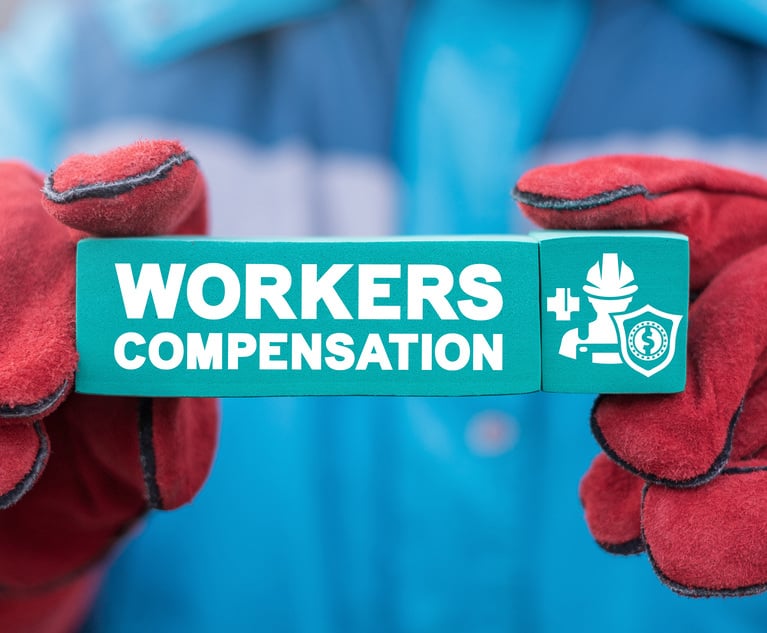The Jones Act will be used to compensate seamen who are injuredduring the cleanup. In order to be classified as a seaman aworker's duties "must contribute to the function of the vessel orthe accomplishment of its mission," and the employee must have a"connection to a vessel in navigation (or to an identifiable groupof such vessels) that is substantial in terms of both duration and nature." The workerswho are hired for the seaside portion of the oil spill cleanupshould meet these requirements because the mission of the vesselwill be to aid in the cleanup efforts and the employees willpresumably be working for a single boat or a single company with afleet of boats.
|TheLongshore and Harbor Workers' Compensation Act presents a morecomplicated question. In order for a worker to be covered by theLongshore statutes he must satisfy both a geographic and a jobrequirement. The geographic requirement is satisfied if the worker is injured"upon the navigable waters of the United States (including anyadjoining pier, wharf, dry dock, terminal, building way, marinerailway, or other adjoining area customarily used by an employer inloading, unloading, repairing, dismantling, or building a vessel."The job requirement is satisfied if an employee is "engaged inmaritime employment, including any longshoreman or other personengaged in longshoring operations, and any harbor worker includinga ship repairman, shipbuilder, and shipbreaker." It is not arequirement that the injured worker be performing longshoring orshipbuilding activities at the time of the injury, but it isa requirement that those activities make up some portion of hisjob.
|As the workers who are hired by BP and their subcontractors toclean up the oil spill will not be involved in eitherloading/unloading cargo ships or shipbuilding it is possible theywill not meet the maritime job requirement. At least one federal circuit has held that a maintenance worker whoseonly job was to cleanup debris scattered around a shipyard did notqualify as a maritime worker. However, as the AEULongshore Blog notes, a worker employed in oil spill clean upwas considered to be engaged in "clearly a maritime activityconducted in a maritime environment," and recommends that anyinsurance carrier or broker resolve any doubt in favor of obtainingcoverage.
|There is some overlap between these areas of law. The UnitedStates Supreme Court has held that the Longshore Act "supplements,not supplants state [workers'] compensation law." This createsa concurrent jurisdiction between Longshore and state law in stateswhose workers' compensation laws cover the same type of injury. Ofthe states currently affected by the oil spill, only Alabama is aso-called concurrent state. Florida, Mississippi, and Louisiana areexclusive states, meaning that they expressly provide in theirworkers' compensation statutes that if an employee is covered by afederal compensation plan then he is not entitled to any recoveryunder the state statutes. 33 U.SC. 903(e) states that any recovery under statecompensation laws will be credited against future recovery underthe Longshore Act.
|In other situations, an employee may be uncertain as to whetherhe is a seaman under the Jones Act or is instead covered by theLongshore Act. The statutes are mutually exclusive, meaning aworker is only entitled to recovery under one or the other.However, recognizing that there is a "zone of uncertainty" betweenthe two acts, the courts have held that an employee may file Jones and Longshoreclaims concurrently or successively and let the courts decide whichcompensation laws apply to him.
|Keith R. Lee is a senior clerk with the firm of Fish Nelson,LLC, in Birmingham, Ala. This article previously appeared as aposting in The Alabama Workers Comp Blawg. http://www.alabamaworkerscompblawg.com/
Want to continue reading?
Become a Free PropertyCasualty360 Digital Reader
Your access to unlimited PropertyCasualty360 content isn’t changing.
Once you are an ALM digital member, you’ll receive:
- All PropertyCasualty360.com news coverage, best practices, and in-depth analysis.
- Educational webcasts, resources from industry leaders, and informative newsletters.
- Other award-winning websites including BenefitsPRO.com and ThinkAdvisor.com.
Already have an account? Sign In
© 2024 ALM Global, LLC, All Rights Reserved. Request academic re-use from www.copyright.com. All other uses, submit a request to [email protected]. For more information visit Asset & Logo Licensing.








